This will be the last newsletter in 2023, but we will return strongly in the new year with more articles and news about artificial intelligence in education.
This week, we focus on the recently launched recommendations from the Expert Group, which we have passed on here on the blog. However, we have not commented on the content, as Per from Viden.ai is part of the group. On the other hand, our approach is to link to different reactions to the recommendations so that you can get an overview yourself. We also look inward and at how far we have come with Viden.AI. In addition, we have OpenAI's six strategies on how best to prompt the latest news and scientific articles and a little fun to play with this holiday.
Good reading, and happy holidays to all.
Preliminary recommendations of the Expert Group on ChatGPT and other digital aids
On Sunday, the Ministry of Children and Education launched its preliminary recommendations and were subsequently followed up with an op-ed in Altinget Uddannelse:

We recommend that you read Malte von Sehested's article on IT Torvet, where he collects various reflections on the recommendations. At the same time, the chairman of the expert group, Birgitte Vedersø, gives a lengthy interview with Gymnasieskolen, where she elaborates on the recommendations.
It is essential to consider that these are only preliminary recommendations and that the starting point for them is a need to secure the tests this summer. The final recommendations will come in March 2024.




Viden.ai aged one year 🎂🎉
We have been writing on the website for a year and publishing several articles about artificial intelligence in education. When we started, we did not imagine that it would be so extensive nor that we would receive so many visits.
We introduced a weekly newsletter after the summer holidays, which has received a positive response, mainly because it makes it easier for recipients to keep up to date with the latest updates. At first, we were nervous about whether there would be enough news, but it turned out that there were too many for us to keep up. Today, we have had 62,000 unique visits to the blog, 83,357 unique page views, and 1640 people receiving our newsletter.
OpenAI: Guide to Prompt Engineering
By writing in the right way to ChatGPT, one can improve the result that the language model delivers. And to help users write best, OpenAI has launched a more extended guide on their website.
These strategies can also be applied to other language models, such as English. Bing and BERT, and below is a summary.
- Clear instructions: Define the length and complexity of the desired output, choose a preferred format, and avoid ambiguity.
- Reference text: Include specific examples and sources to ensure more accurate and reliable responses from the model.
- Bid complex tasks: Break complex tasks into smaller, more manageable steps to reduce errors and improve efficiency.
- Give the model time to "think": Allow the model sufficient processing time for deeper and more accurate analysis.
- Use external tools: Integrate special tools to extend model capabilities to specific tasks.
- Rigorous testing: Conduct extensive change testing to ensure real performance improvements.
Below is a mind map, which is currently being shared quite a lot on social media, and it gives an excellent insight into the different strategies.
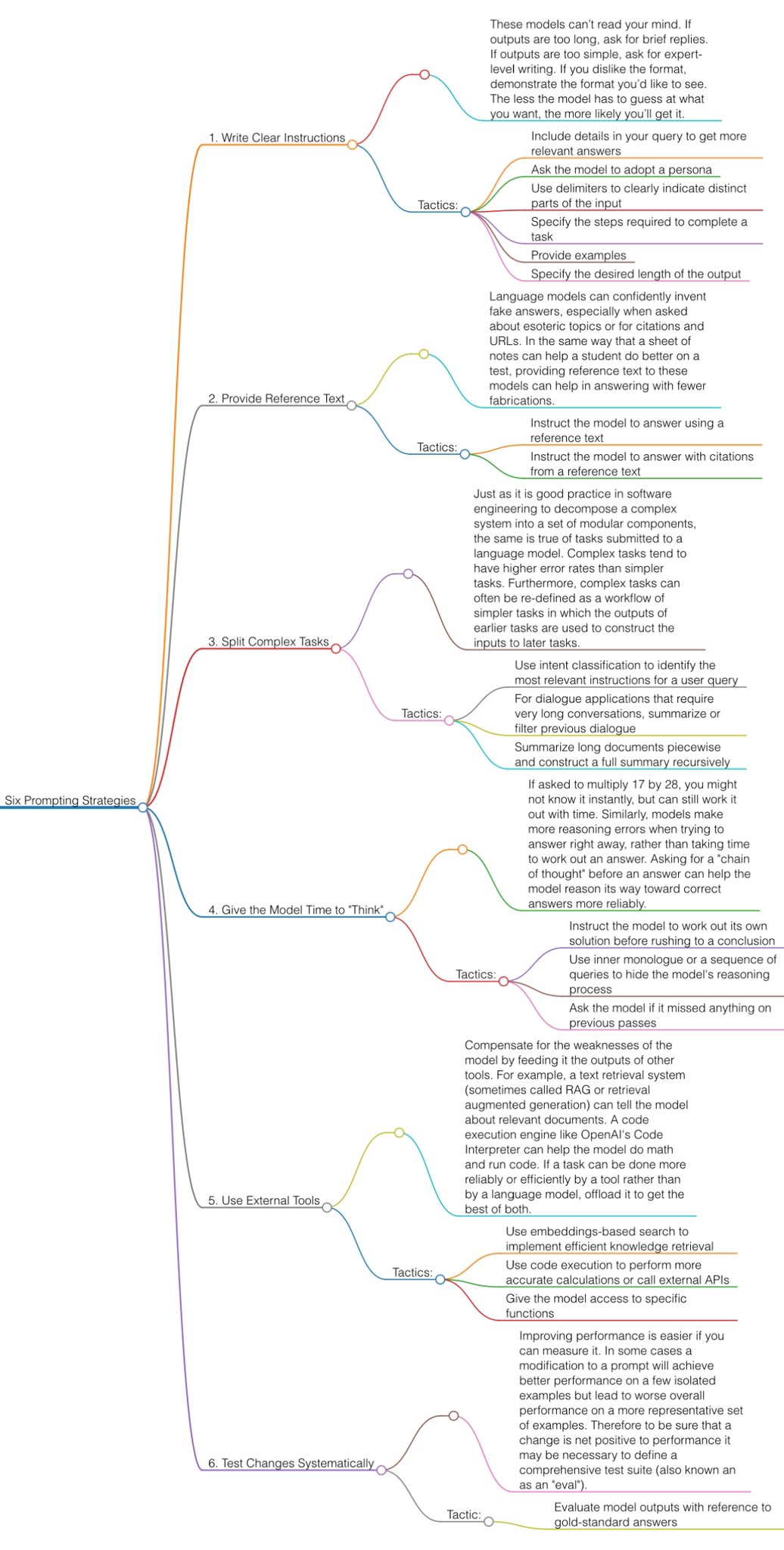
New articles on viden.ai
In the past week, we've published two new articles. We suggest how Bloom's taxonomy can be considered in the interaction between artificial intelligence and human learning. It's not a definitive model, as technology moves fast. At the same time, it is not scientifically substantiated either, but we hope that someone will conduct empirical research in this area.

The second article is the last part of what happens when language models "hallucinate" and has also been published. Here, Claus goes even deeper into the challenges.
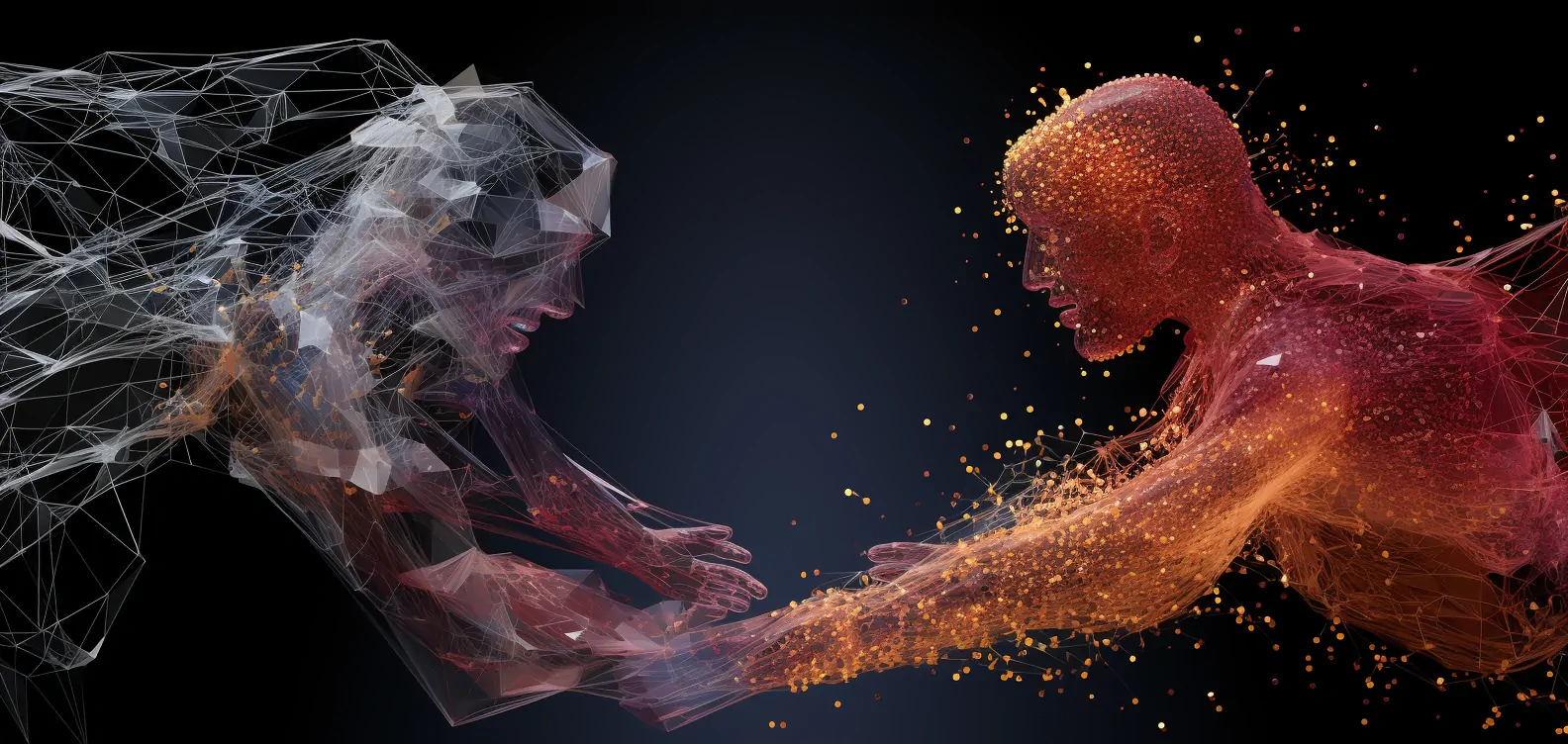
News
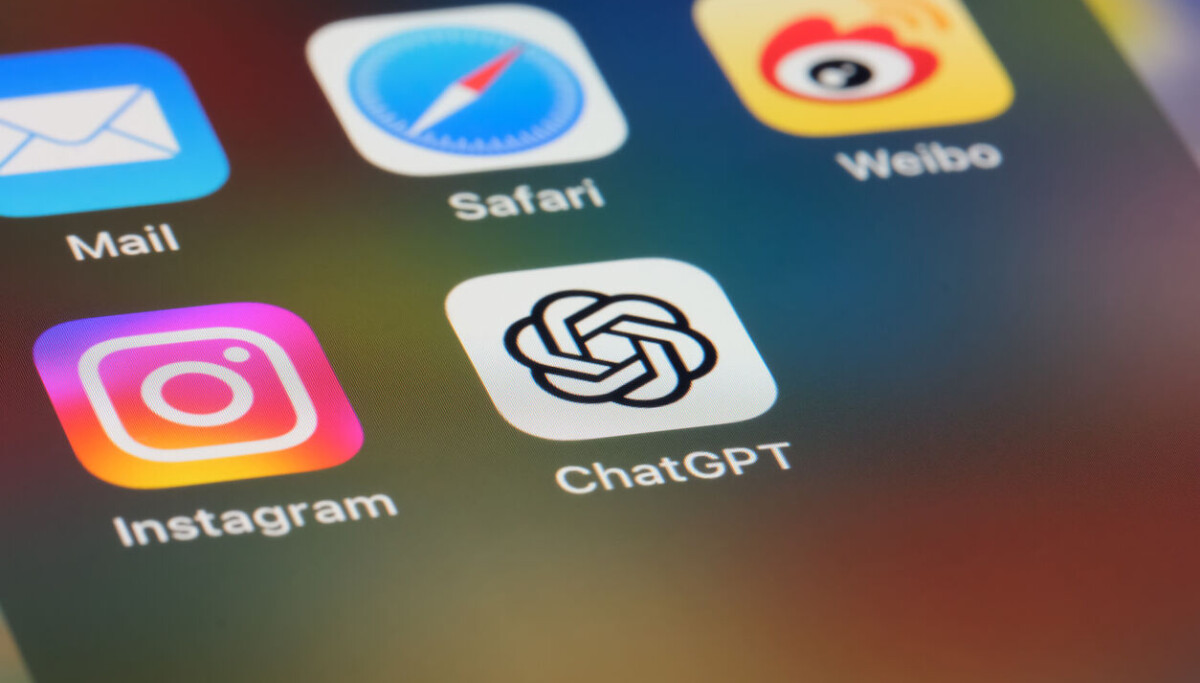

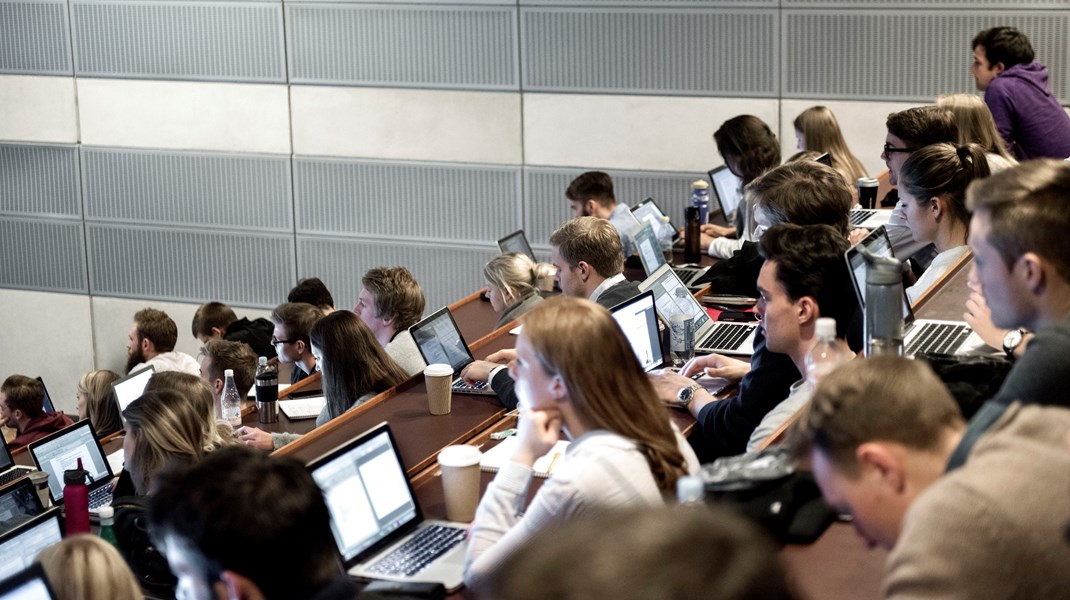
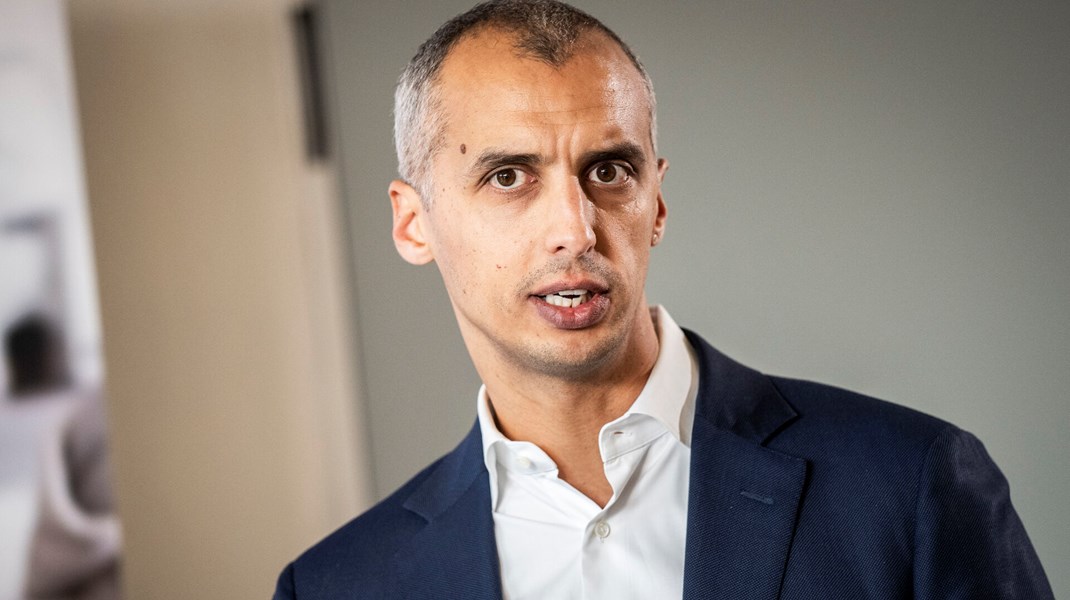
Scientific articles
Below, we select articles that have a slightly more scientific perspective. These are articles that we read ourselves to keep ourselves updated, and at the same time, we also know that they could be more interesting for most people.
The article "Contra generative AI detention in higher education assessments" critically analyzes detection tools used in higher education assessments. It discusses these tools' effectiveness, vulnerabilities, and ethical implications for maintaining academic integrity. The article concludes that we need to change direction and embrace generative AI while ensuring academic integrity in assessments.

Recommendation of the week
This week, it's different because we want to give you some tips for some fun and interesting tools that you can talk about over the Christmas holidays.
Suno AI
If you have tried to make party songs, you know how difficult it is to get music, rhyme, and rhythm to work together and the challenge of singing it afterward. Suno AI is a music generator that can make a piece of music from a text and does it quite honorably. It's especially good when it comes to rap music. Here are our picks for two songs about Viden.AI's birthday:



CamerAI - live deepfake
On CamerAI, you can test a live version of Deepfake. It's impressive how far technology has come, and it's not far before we can't tell the difference. Below, we have tested and shown how to make a version with Elon Musk.














